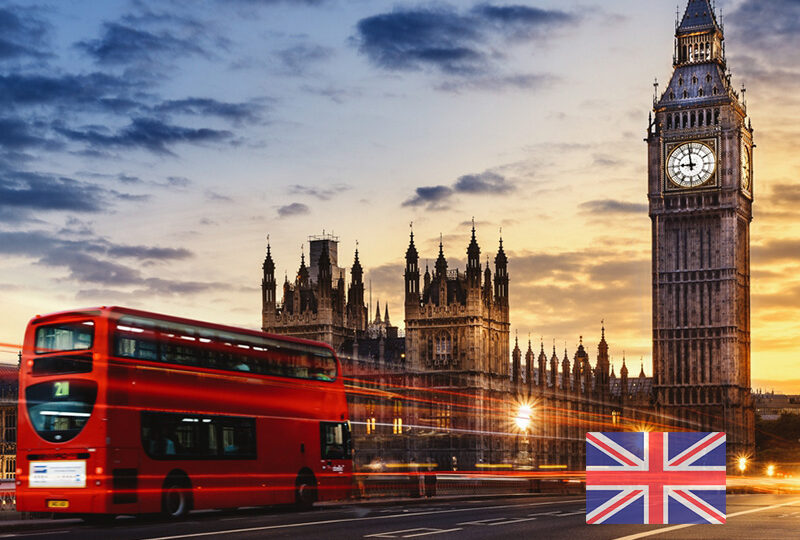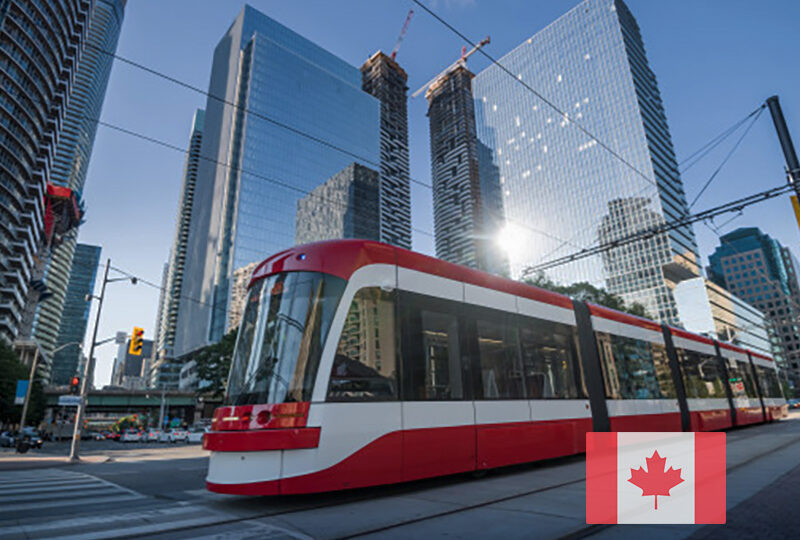
About United Kingdom
The United Kingdom (UK) offers various types of visas for individuals wishing to visit, work, study, or settle in the country. Here’s an overview of the different types of UK visas:
- Visitor Visas: Visitor visas are for individuals who wish to visit the UK for tourism, visiting family or friends, or business purposes. Visitor visas may be issued for short-term stays (up to 6 months) or long-term stays (up to 10 years), depending on the purpose of the visit and the applicant’s eligibility.
- Standard Visitor Visa: The Standard Visitor Visa is the most common type of visitor visa and allows individuals to visit the UK for tourism, leisure, or business purposes. This visa is typically valid for up to 6 months and may be single entry or multiple entry.
- Family Visitor Visa: Family Visitor Visas are for individuals who wish to visit family members in the UK for short-term stays. This visa allows visits to spouses, partners, children, parents, or other relatives who are settled or hold citizenship in the UK.
- Business Visitor Visa: Business Visitor Visas are for individuals who wish to visit the UK for business-related activities such as meetings, conferences, or training sessions. This visa does not permit individuals to work or undertake paid employment in the UK.
- Student Visas: Student visas are for individuals who wish to study at recognized educational institutions in the UK. There are different types of student visas, including the Tier 4 (General) Student Visa for higher education and the Tier 4 (Child) Student Visa for individuals aged 4 to 17 years old.
- Work Visas: Work visas are for individuals who wish to work in the UK. There are various types of work visas, including the Skilled Worker Visa, Intra-Company Transfer Visa, and Temporary Worker Visa, each with specific eligibility criteria and requirements.
- Family Visas: Family visas are for individuals who wish to join family members who are settled or hold citizenship in the UK. This includes spouses, partners, children, parents, and other dependent relatives.
- Settlement Visas: Settlement visas, also known as Indefinite Leave to Remain (ILR) or permanent residency visas, allow individuals to live and work in the UK permanently. These visas are typically granted to individuals who have lived in the UK for a specified period under certain visa categories and meet the eligibility criteria for settlement.
- Ancestry Visas: Ancestry visas are for individuals who are Commonwealth citizens and have a grandparent born in the UK. This visa allows individuals to live, work, and study in the UK for up to 5 years and may lead to settlement after a qualifying period.
- Other Visas: The UK offers other specialized visas for individuals with unique circumstances, such as visas for entrepreneurs, investors, artists, athletes, and religious workers.
Additional Information:
Certainly! Here’s some additional information about UK visas, along with key benefits and considerations:
- Biometric Residence Permits (BRPs): Many UK visas, including work visas, study visas, and settlement visas, require applicants to obtain a Biometric Residence Permit (BRP) upon arrival in the UK. BRPs contain biometric information (such as fingerprints and a photograph) and serve as evidence of the holder’s immigration status and entitlements while in the UK.
- English Language Requirement: For certain visa categories, such as work visas and student visas, applicants may be required to demonstrate proficiency in the English language. This typically involves taking a standardized English language test, such as the International English Language Testing System (IELTS) or the Pearson Test of English (PTE).
- Maintenance Funds: Many UK visa applications require applicants to demonstrate that they have sufficient funds to support themselves during their stay in the UK. The specific amount of funds required may vary depending on factors such as the length of stay, accommodation arrangements, and the visa category.
- Healthcare Surcharge: Non-European Economic Area (EEA) nationals applying for certain UK visas, including work visas and student visas, are required to pay a healthcare surcharge as part of their visa application. This surcharge grants access to the UK’s National Health Service (NHS) and helps cover the cost of healthcare services during the visa holder’s stay in the UK.
- Processing Times: The processing times for UK visa applications vary depending on factors such as the type of visa, the applicant’s nationality, and the volume of applications received. Applicants should check the UKVI website for current processing time estimates and plan their visa applications accordingly.
- Right to Work and Study: Holders of certain UK visas, such as work visas and student visas, have the right to work or study in the UK as specified in their visa conditions. It’s important for visa holders to understand and comply with the terms and conditions of their visas to avoid any violations of UK immigration laws.
- Travel Restrictions: Some UK visa categories may have restrictions on travel outside the UK, particularly for settlement visa holders who are required to maintain continuous residence in the UK. Visa holders should familiarize themselves with any travel restrictions associated with their visa category and seek advice from immigration authorities if necessary.
- Appeals and Administrative Reviews: If a UK visa application is refused, applicants may have the right to appeal the decision or request an administrative review, depending on the circumstances. It’s important to carefully review the reasons for refusal and consider seeking legal advice or representation if pursuing an appeal or review.
- Immigration Health Surcharge (IHS): Some UK visa applicants may be required to pay an Immigration Health Surcharge (IHS) as part of their visa application. This surcharge grants access to NHS healthcare services during the visa holder’s stay in the UK and must be paid upfront for the entire duration of the visa.
- Legal Assistance: Given the complexities of UK immigration laws and visa application processes, individuals may benefit from seeking advice and assistance from qualified immigration lawyers or advisors. Immigration professionals can provide guidance on visa options, assist with the preparation of visa applications, and represent applicants in appeals or administrative reviews if necessary.
Overall, UK visas offer individuals the opportunity to visit, work, study, or settle in the UK for various purposes. Understanding the specific requirements, conditions, and considerations associated with each visa category is essential for a successful visa application and a smooth transition to life in the UK.




